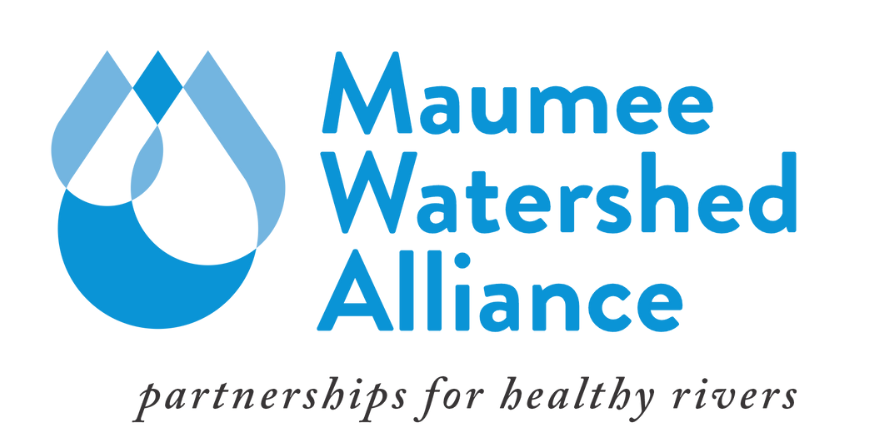Pollutants from everyday activities often end up being washed into our local waterways. Below are ways in which you can help keep our waters clean for everyone to enjoy!
- Your generous donation can help us to fulfill our mission: “To sustain healthy watersheds that support thriving communities and strong economies evidenced by improved water quality with increased recreational and business opportunities.
- Learn about your local watershed and the animal life and plants living in and around it.
- Don’t feed ducks and geese. Their fecal matter can degrade water quality, and their trampling of vegetation on slopes near bodies of water can increase soil erosion. Also, feeding waterfowl can attract larger bird populations that may cause other birds to stop migrating.
- Pick up after your pets. Dog waste and feces from other warm-blooded animals pollute local waterways more than you may think. Pick up your pet’s waste and deposit it in a trash can.
- Maintain septic systems. Failing septic systems are a major source of pollution to groundwater and local reservoirs. Inspect your system regularly and repair it as needed.
- Conserve water. If you are connected to a public sewer, conserving water will help reduce your wastewater treatment facility’s discharge into local waters. Conserving water also keeps septic systems functioning properly.
- Avoid over-fertilizing your lawn. During rainstorms, nutrients from lawn fertilizer can be washed off and into local waters fueling nuisance algal blooms. These can lead to illnesses and death in large numbers of fish and can make people sick if they come into contact with polluted water or consume tainted fish or shellfish. Apply fertilizer responsibly, research green landscaping techniques, and see #7 below.
- Install a rain garden. Planted with native plants, this landscaped area acts to hold rainwater runoff for a few hours to a few days thereby helping to improve the quality of our rivers and streams.
- Properly dispose of household hazardous waste. Many cleaning and other household products contain hazardous chemicals that can get into our local waterways. Limit their use, and dispose of them properly rather than dumping them in the trash, down a drain, or into a waterway.
- Recycle. Recycling helps to conserve natural resources and reduces the amount of refuse sent to landfills.
- Get involved. Help with clean-up efforts or be a volunteer water monitor. Participate in local activities that benefit the environment. Attend public meetings that pertain to water quality. If you see a problem in your area or want something done, say something!
- Connect with area waterways. Kayak, canoe, fish, boat, go birding, or walk along the shore. Explore the waters near your home or visit others in the region.

